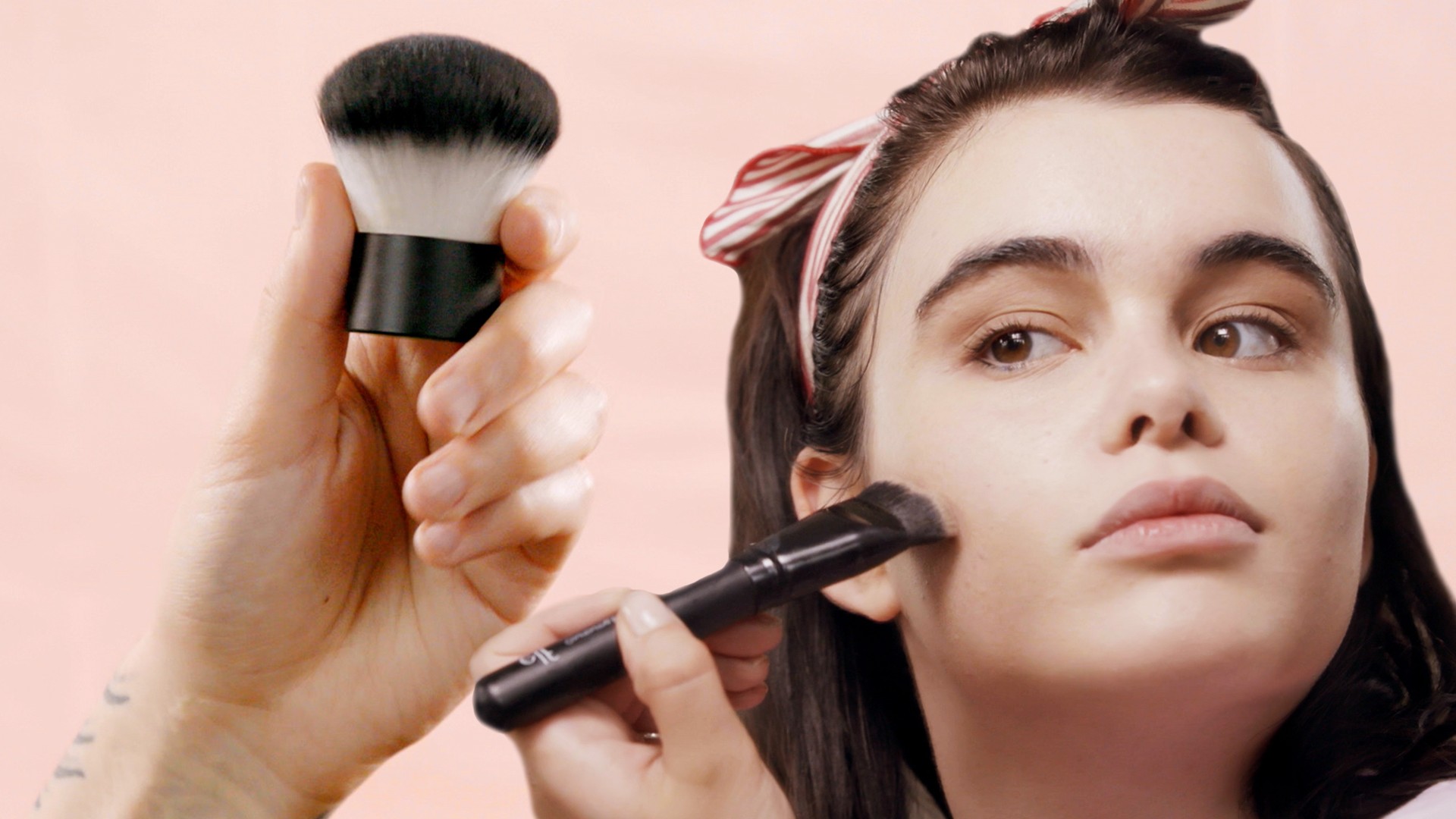This Is Fine. is a weekly newsletter from VICE about the personal tactics people use to make the world feel less harrowing. In this edition, Muna Mire talks about making up a new self while experiencing intense grief. Sign up here to receive an essay about a dealing-with-life strategy via This Is Fine. each Sunday evening.
The week after my younger brother passed away in 2016, I started each day by jolting awake at 5 AM in the August heat. Waking up becomes a horrible ordeal after you lose someone. You're contending with something so awful that your brain hasn’t managed to incorporate this newfound, catastrophic knowledge into your understanding of the world. Waking up to the renewed truth of that terrible thing is a daily shock to the system. You remember that the worst has come to pass, and that, by some sick, joke-like turn of fate, you’re still here. I gave up on trying to get back to sleep pretty much right away.
Advertisement
I would peel myself out of bed and make my way, stiff-limbed and zombielike in the predawn, to the bathroom I shared with my then-partner. My only companions at that ungodly hour were the fat, droning flies bumping up against the light outside the bathroom window in hopeless, phototactic flight. I loved them—they felt like a perfect metaphor for whatever the hell was happening to me: how I had to keep functioning, half-brain-dead, lurching towards routine. In their company, I began a new ritual as a way to kill time before leaving the house: a multi-step beautification routine.I started by washing my face (twice), using a toner, and moisturizing. Sometimes, to draw the ritual out, I did a mask or detangled my hair. Then, I grabbed my entire makeup bag, parked myself in front of the TV, and spent the better part of an hour doing my makeup in gradually more elaborate and ostentatious ways. I loved to look like candy-colored trash. I wanted to look as strange as I felt.The first time I remember putting together a maximalist, intentionally extraterrestrial-feeling makeup look, it was a toxic red glossy eyelid, huge eyeliner wings, a bruised, almost-black purple lip, and a silvery highlight. I found something resembling emotional equilibrium when my outsides matched my insides: both were freaky. My face, made up, created a self-invented balance to cling to in a world gone awry.
Advertisement

Advertisement
I began to suspect that the effect the makeup had on people around me was less about how I looked, and more about how my own outward demeanor changed with a face full of makeup. I looked sad, of course, but also began to move with a certainty that communicated I was obviously deeply preoccupied with much weightier concerns than reassuring strangers about what I looked or presented like. Where, before, I might have ceded physical space, or made sure to thank people for compliments I’d never asked for in the first place—mostly as a way to preemptively de-escalate conflict I imagined was coming—I no longer had any emotional capacity to give away to people I didn’t know.Coming up on the three-year anniversary of my brother's death, I’ve preserved my habit of pouring my feelings into painting my face. It can feel like there is an expected timeline for grief: Something happens, you process it and put it behind you. But, as anyone who has lived through loss understands, grief doesn’t really ever disappear. It stretches out over time to become an ambient sadness that inflects the way you understand the world overall. Today, when I feel a lack of control over my personal circumstances, or when I consider the endless news ticker of state-sanctioned violence in America, I enter into a state of mind that is nauseatingly familiar. I fall back into my old habit of going absolutely wild with my makeup. When reality is too painful, the more artificial I look, the better.My grief ritual is a little different three years on. I’ll put on some old Luther Vandross, burn palo santo, pour myself a glass of good Lambrusco, and settle in at my vanity. I live alone now, so I get to leave my brushes and products everywhere, play my disco at top volume, and cry without worrying about a partner or roommate rushing over in concern. It’s heaven to give myself enough space and care to create a face—and, when it feels essential, a barrier between myself and the world.For more stories like this, subscribe to This Is Fine.Follow Muna Mire on Twitter.
